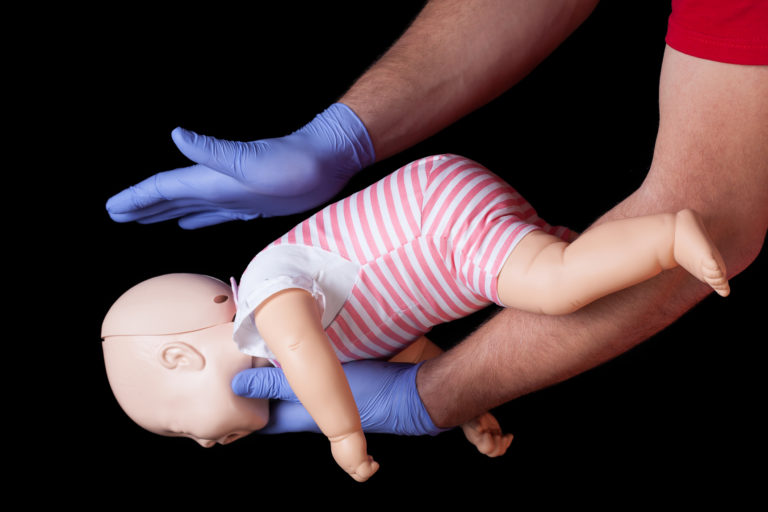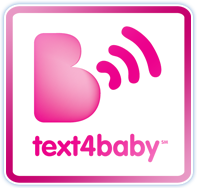 It is the goal of every parent to keep their children safe and happy. Most parents would go to great lengths to protect their children from harm, but, in some cases, it is unavoidable. Young children tend to have issues with chewing and swallowing as they develop those skills, so it is not uncommon for choking to occur. In some cases, the child will be able to breathe and talk while coughing. If the child cannot breathe however, it is time to intervene.
It is the goal of every parent to keep their children safe and happy. Most parents would go to great lengths to protect their children from harm, but, in some cases, it is unavoidable. Young children tend to have issues with chewing and swallowing as they develop those skills, so it is not uncommon for choking to occur. In some cases, the child will be able to breathe and talk while coughing. If the child cannot breathe however, it is time to intervene.
What to Do if a Child is Choking
If the child is unconscious or turning blue in the face, call 911 right away. While waiting for the medics, take the object out of the child’s mouth if it is visible and start CPR. Never attempt to remove an object from a child’s throat unless you can see it clearly as this could cause the object to move further down. If the child is conscious but still cannot breathe, try to dislodge the stuck item using the following methods.
Infants Younger Than One Year
Support the child’s face on your forearm, supported by your thigh, and make sure the torso is higher than the head. Firmly pat the child’s back between the shoulder blades repeatedly with the heel of your hand. If this does not work, turn the child over and place them on a hard surface. Quickly push in the center of the breastbone with two or three fingers a few times. Repeat the firm pats and chest pushing until the object comes out, child starts breathing or coughing or EMS arrives. If at any point they become unconscious, start CPR.
Toddlers and Children Over One Year
For older children, use a version of the Heimlich maneuver. Place your arms around the child’s waist with one hand in a fist above the navel. Push the fist in and up with your free hand in quick, firm movements. This should force the object out.
How to Prevent Choking
Take the necessary precautions to prevent your child from choking. Watch over your children while they are eating and make sure they sit up straight. Give them appropriately sized bites of food that are soft enough for their developmental stage. Do not feed your children in a hurry or while doing anything active.
Children can choke on non-food items as well such as small toys or household objects. Do not leave small items around where children can get to them and do not allow children to play with small toys until they are old enough. Monitor play time to confirm your children are playing safely.
Even with preventive measures, choking can occur, but if you know how to handle the situation, you could save your child.
The information and content on our website should not be used as a substitute for medical treatment or advice from your doctor.




